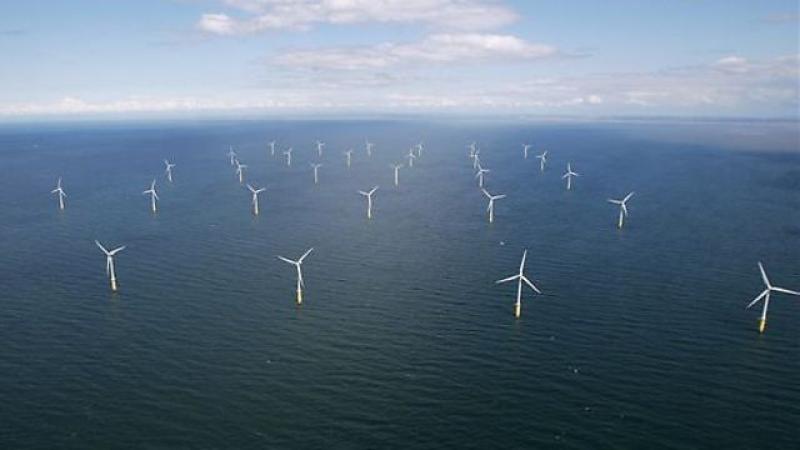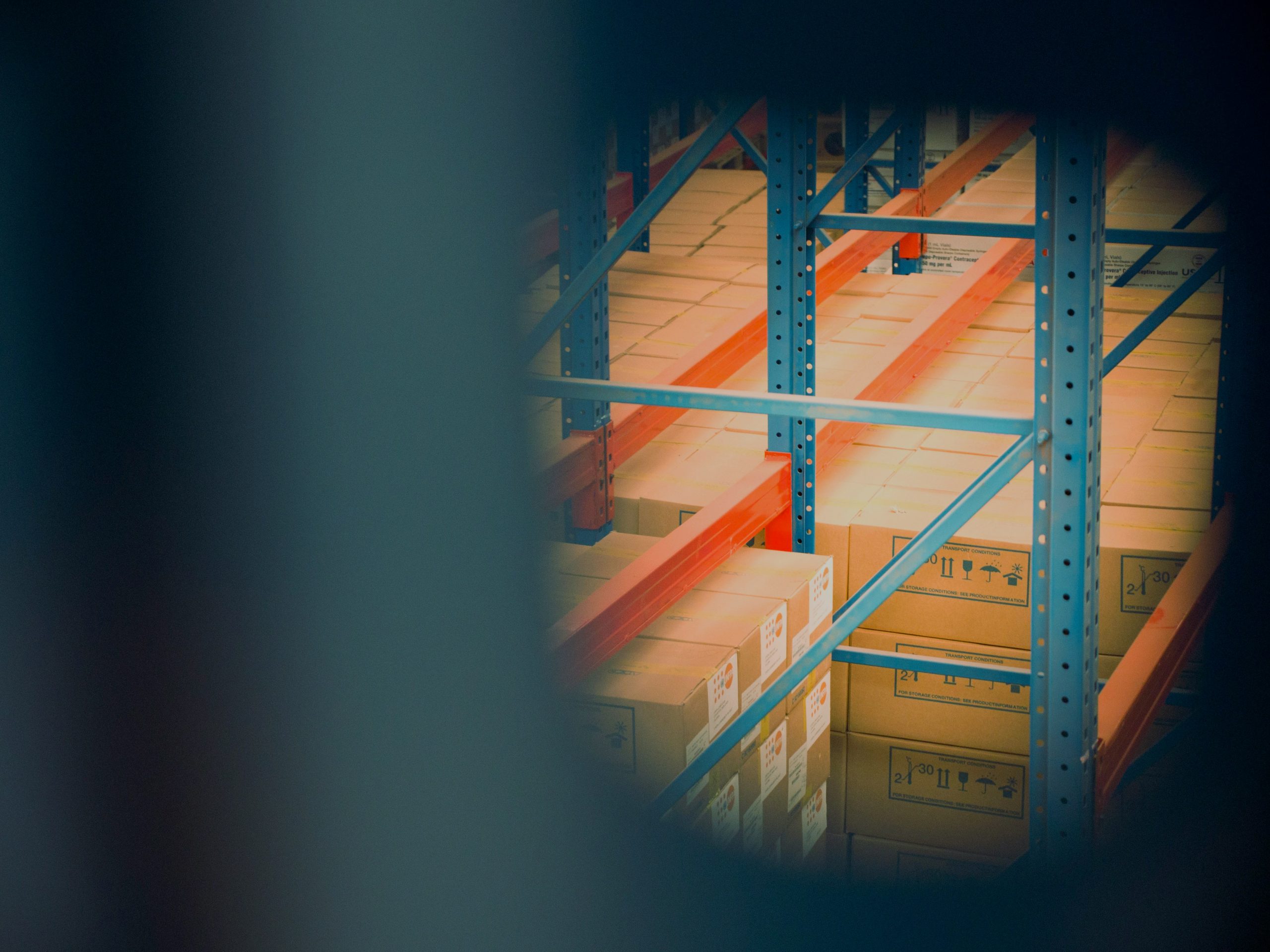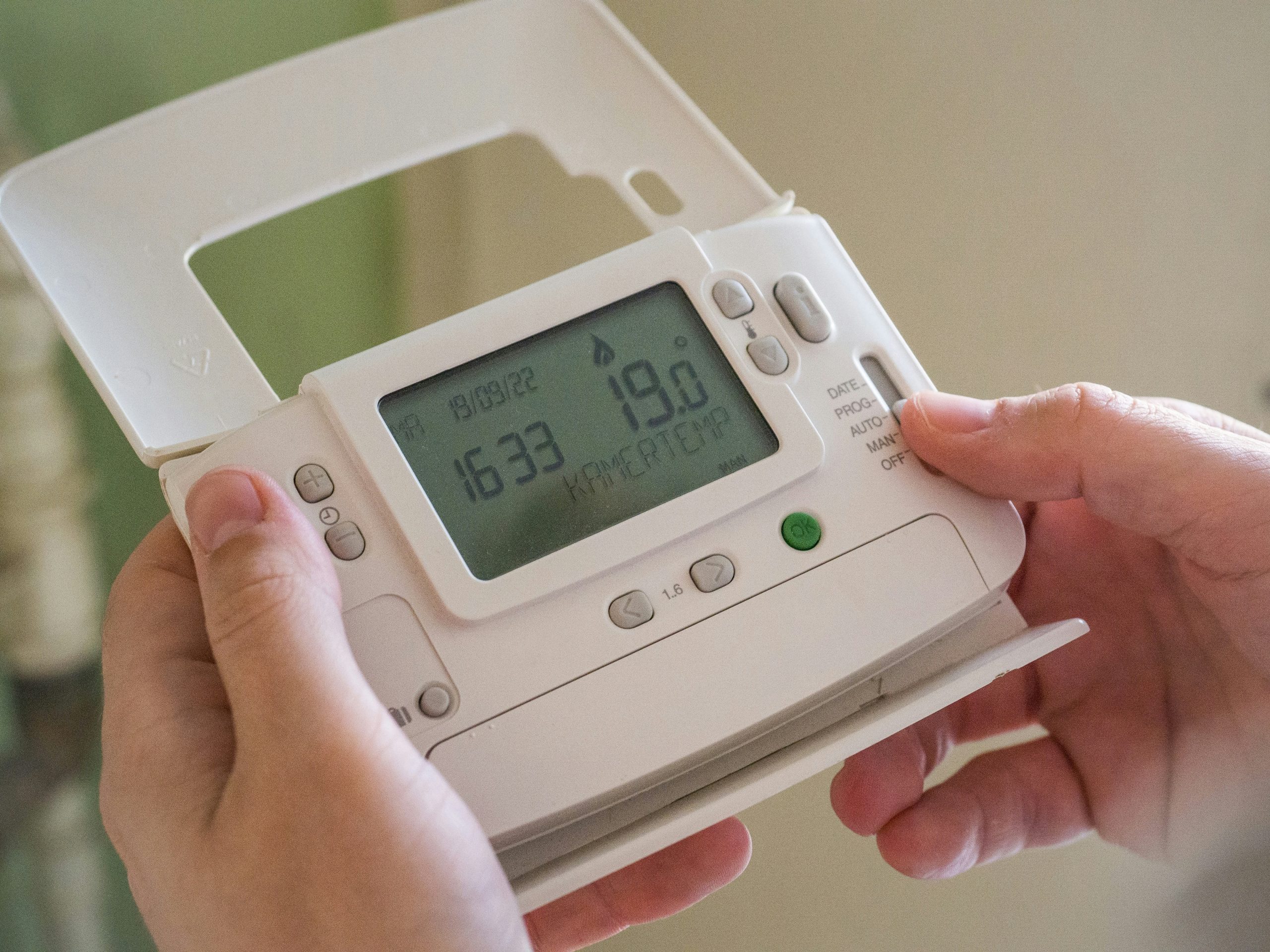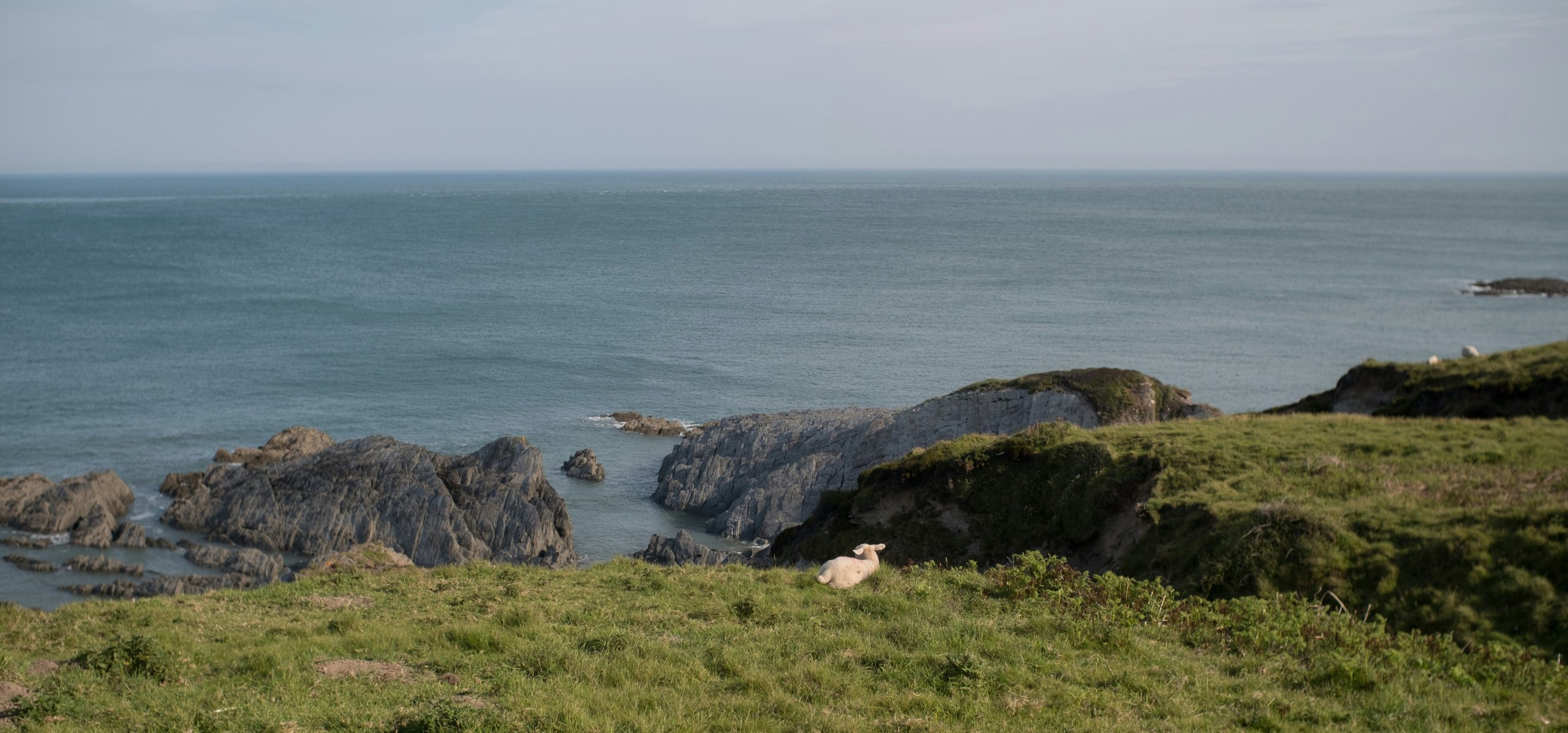
For many years our coast has proved to be a social and economic barrier to growth. We have been passive observers of the marine vessels passing along the Bristol Channel visiting the port of Bristol. We have been aware of, but not participated in, the increasingly busy marine port activities along the South Wales Coast. Our local fishing fleets have declined to an alarming level.
Despite valiant efforts to capitalise on this potential huge marine asset with initiatives involving such ideas as rebooting cross channel ferries (Ilfracome to Swansea), it has proved hard to make progress and the reality of deprivation in our coastal communities has been a harsh one.
I am confident however to state that in 5 years or less we will views these waters as rich assets for future employment and economic growth.
Why so?
The progress at Appledore Ship Yard is hugely encouraging. The latest order book shows a pipeline of work including the three large Royal Fleet Auxiliary ships starting in March 2025. This is in addition to ongoing work to refit the former Royal Navy Mine-hunter (HMS Quorn) for the Lithuanian Navy. This means pushing direct local employment up to around 300 and more indirectly. Also there are opportunities for many local companies to become part of the dedicated supply.
The South West Institute of Technology at Petroc is already breaking into new marine markets and talking to international operators. Critically it is establishing a bedrock for this nascent industry by providing training for the future skills required.
The Appledore Clean Marine Innovation Centre will be a centre of excellence for clean-propulsion shipbuilding and floating offshore wind innovation. This is a combination of Torridge District Council working with the University of Plymouth and £15.6m from Department for levelling Up. It could result in over 200 local vessels running on green fuels. The ambition of this project will also extend to seabed farming and specialist products such those from seaweed which can provide plastic replacements and essential indegredience for the pharmaceutical industry. The links here with the University of Plymouth are extremely exciting because Plymouth already has world leading marine research and testing facilities. Links to the ground breaking modelling and data management at Exeter University are also part of the extraordinary opportunity. There are around 21 research institutes around the South West who can feed into this.
Not a bad start!
What makes this part of the here and now is the latest announcements from the Crown Estates to create some of the biggest floating offshore wind farms in the world. This is the formal release of leases for three projects in the Celtic Sea off the South West and South Wales Coasts. This will be for Phase One with a combined capacity of up to 4.5GW which can power around 4 m properties by 2030. Phase two will follow unlocking space for a further 12GW during the 2030s.
The operators are already crawling all over the area assessing our business potential. We will not get to build the big turbines which are perfect projects for Pembroke and Milford Haven. These contracts are huge and also involve significant land based elements such a cable laying. Also not forgetting the maintenance of these huge monsters and welfare of the staff. Plenty here for us and our bright future.
Behind the scenes preparations are advancing well. I can keep you updated.









